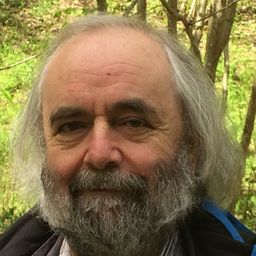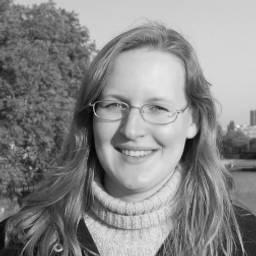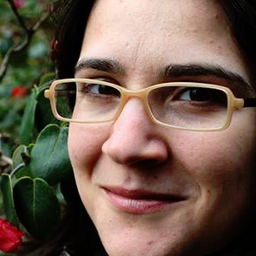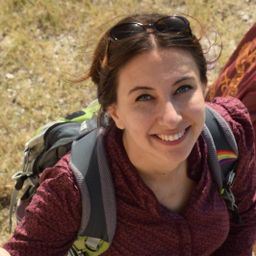Changing Places, Changing People? Critical Heritage(s) of Diaspora, Migration and Belonging II
My Session Status
• How do ideas of place and place attachment shape or limit the positions individuals and groups may adopt? What roles do autobiography, memory and history play in shaping such ideas?
• How are scales of identity, place and belonging exhibited or influenced differently by both heritage and politics? What transitional identities and redefinitions of self, community, other and place develop in relation to the heritage practices, mediated memories and “past-presencing” of migrants?
• How do displaced people negotiate community and place in tension between the “here and now” and the “there and then” that shapes their heritage discourse as much as the elite discourse they are confronted with in everyday life?
• How are contested heritage practices, discourses and associations of "authenticity" negotiated between communities, and what role do official discourses and practices play in alleviating or aggravating these contestations?
• As displacement is becoming a common experience, what significance do "memorates" of “roots and routes” have in various socio-historical or geo-political contexts for shaping journeys of return, (re)discovery, pilgrimage or "closure" that figure in heritage tourism?
• How compatible are notions of cultural citizenship based on parity of esteem with the coexistence of perhaps conflicting heritage discourses? Why is conceptualizing conflict as heritage so difficult?
• Given the continued reality of multi-facetted place attachment, how may migration and displacement be turned into opportunities for re-placing communities and heritages while avoiding the trap of a shallow essentialism, and sanitization of uncomfortable heritages?
• What is needed to make critical heritage sustainable in a social, political and economic environment in radical flux (migration, climate change, financial crisis, political upheaval and conflict)? How do we decide which heritages should be sustained, who legitimizes these decisions, and to what extent are such questions about merely replacing one elite with the power of definition by another?
We are keen to examine issues such as these from multi- and interdisciplinary perspectives combining theoretical explorations with applied concerns. Along with papers we encourage creative engagement using other formats with a capacity to capture our subject matter, such as artwork, poetry or performance.
Sub Sessions
A McDonald’s restaurant in Wisconsin, a Sam’s Club warehouse in Ohio, a neo-Gothic cathedral in Quebec, and a factory building in Toronto. These typologies represent the average built environment of suburbia, yet what they all have in common is their repurposing into use as Sikh gurdwaras (places of worship/gathering). While adaptive reuse and repurposing/rezoning of buildings is by no means a phenomenon unique to the Sikh community, it does point to further complexities in debates on (nat...
From 1866 to 1890, in the shadow of the Civil War and the violent American race relations that followed, former slaves founded more than 500 “Freedom Colonies” or Freedmen’s Towns across Texas. Since then, a variety of factors facilitated Freedom Colony descendants’ dispersal. However, descendants, particularly those who no longer live in settlements, have sustained their attachments to and nurtured stewardship of cemeteries through annual celebrations and oral tradition, even as physical ...
This paper will outline research currently being undertaken considering Sikh gurdwaras in Britain, which focuses on the perceptions of space and value by user communities and other stakeholders. It will argue that the significance of gurdwaras, and therefore their future management as sites of built heritage, is fundamentally at odds with accepted heritage management practices, which are dominated by the employment of value-driven planning methodologies. The discussion will be framed as a ...
This paper will question the current heritagization processes of a displaced community, the Russian Old Believers of Romania. These people left Russia in the seventeenth century, following the schism with the mainstream Russian Orthodox Church. Their religious practices placed a great emphasis on continuity with a form of orthodoxy preserved since the Christianization of Russia in the ninth century. Old Believers thus refused to accept the innovations proposed to realign the Russian and By...
This paper will deal with how the residential urban heritage of religious minorities in Istanbul is being re-used and modified—while at the same time reinstated in terms of identity—by their new non-minority inheritors who, in turn, are affected by these houses. Conserving minority architectural heritage in Turkey involves dealing with negative heritage. Because of the painful experiences of the past, discriminatory policies, and the fear of losing the remaining little they have ...





